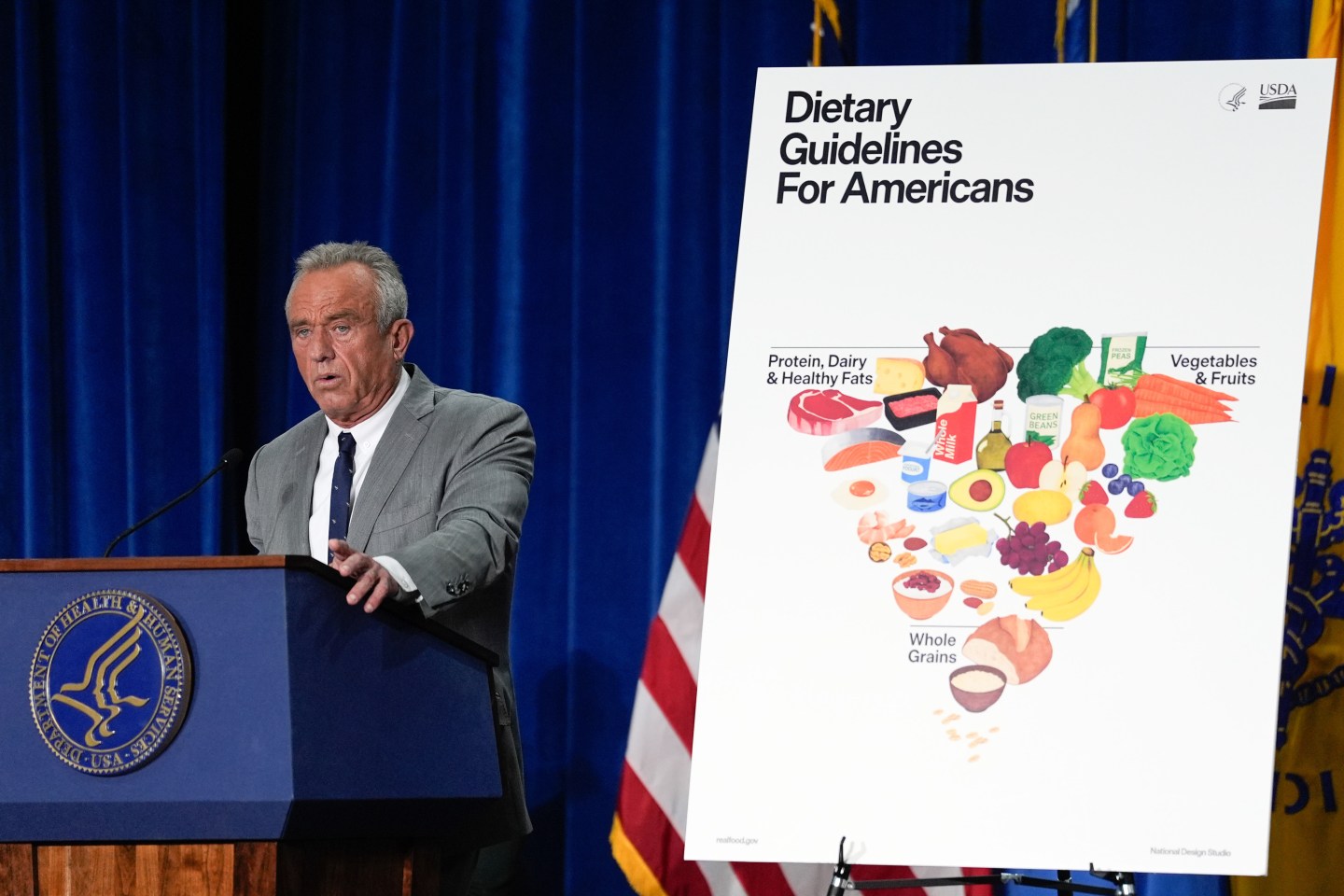Browse the shelves at your local grocery store, and you’ll find highly-processed product after highly-processed product marketing itself as a natural option.
This is communicated in a variety of ways. Terms such as “whole,” “real,” and “fresh” are liberally used, as are references to farmers and harvests. But one of the most popular strategies is also the most straight-forward: sales for products containing the term “natural” rose from $29.6 billion in the 52 weeks ending July 6, 2013 to $43.7 billion in the 52 weeks ending July 1, 2017, according to data from Nielsen.
A quick visit to my neighborhood supermarket bore this out. String cheese packages were stamped with the term “natural,” as were containers of frozen gluten-free chicken nuggets. The word, while frequently used on its own (“100% Natural,” and “All Natural”), was also deployed to describe flavors, colors, sources, even carbonation.
So — what does natural actually mean? And why are companies allowed to use it to describe everything from boxes of Cookie Crisp cereal to bottles of raspberry iced tea?
The short answer: natural doesn’t mean much of anything. “You may think it means straight from the earth or tree, but not a chance,” Marion Nestle, a professor of nutrition at New York University, told Coins2Day in an email. The FDA hasn’t established a formal definition of the term (it is currently reviewing comments from the public). As it stands, the agency advises that “natural” only be used to describe products for which “nothing artificial or synthetic (including all color additives regardless of source) has been included in, or has been added to, a food that would not normally be expected to be in that food.” These parameters are broad (processed foods fall under the “natural” umbrella) and ambiguous (what does “not normally be expected to be in that food” mean, exactly?). They’re also largely besides the point: at the moment, the FDA doesn’t have the legal authority to intervene even if a company violates its definition of natural.
Still, in the wake of the FDA’s indecision, a number of class action lawsuits have been brought against companies for labeling products “all natural” that contain synthetic, artificial, or GMO ingredients. As a result, some major food manufacturers have preemptively stopped using the term — only to start using similar claims.
Even if the FDA puts its foot down, “companies are always going to be able to find a new synonym or creative marketing term” that doesn’t run afoul of regulations, says Margaret Pollan, an assistant professor of environmental food law at Pace Law School.
It’s a glorified game of whack-a-mole, which is why she doesn’t think the solution lies with a stricter definition of the term “natural.” Instead, she believes the government — along with advocacy groups — needs to do a better job helping consumers understand that most marketing claims, particularly those used on packaged, processed food, mean very little.
Below, a sample of ambiguous marketing claims, all working to convince you that packaged food is “real” and “natural.”
“Natural”
“Color & flavor from natural sources”
“Healthy grains” + “Ingredients you can pronounce”
“Heart healthy”
“Sweetened with real fruit”
“Helps cleanse & purify your body”
“With real strawberries”
“Genuine chocolate flavor”
“Naturally flavored sweetened cereal”
“Baked with real cheese”
“100% natural”
“Genuine chocolate flavor”
“Chef’s pick”


























